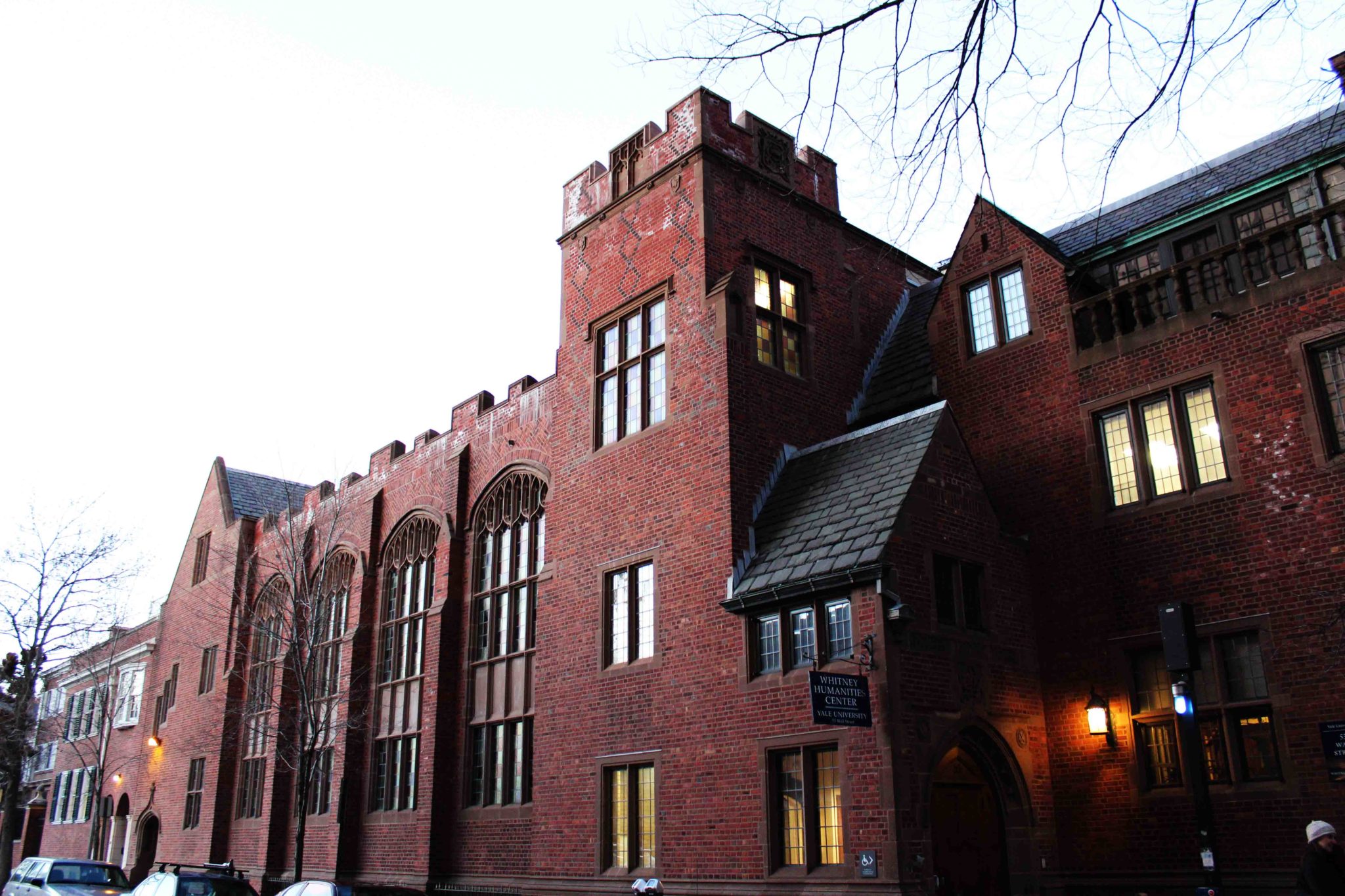
Following University President Peter Salovey’s announcement of his commitment to invest in key areas in the sciences last week, humanities faculty members called for increased investment in the University’s humanities research and teaching programs, historically Yale’s area of strength.
In an University-wide email last week, Salovey accepted the recommendations set by the University Science Strategy Committee, a group that Salovey announced in a Nov. 2016 statement in which he identified science as the “key variable in bringing Yale to the level where it belongs.” According to University Provost Ben Polak, Yale must raise around $2 billion to implement the initiatives recommended in the report, marking investments into the sciences as a major priority for the University’s capital campaign.
A committee in the humanities will also identify ways to best utilize recent investments in the field. But according to Jennifer Herdt, a committee member and the senior associate dean of academic affairs at the Yale School of Divinity, the group is not comparable to its science counterpart committee. Whereas Yale will invest substantial resources into new science projects to be raised in the coming years, the humanities committee will build on recent humanities investments to benefit research and teaching in the field.
“On the one hand, I understand and respect the position that any major university needs to have more [s]ciences strength than Yale once had,” English and comparative literature professor Katie Trumpener wrote in an email to the News. “But it’s hard not to notice, and rue, Yale’s increased absent-mindedness about the [h]umanities. Like many other faculty, I moved here from an equally good university … because of the joint strength of the [h]umanities and the [a]rts here, so I’m very sorry to see the university lose focus and attention to us as well.”
In his announcement last week, Salovey contended that resources for the sciences would not detract from other areas of study. In the original 2016 statement in which he emphasized investment in the sciences, Salovey noted that the humanities are an “undisputed area of excellence for Yale, a true comparative advantage.”
In an interview with the News last week, Salovey maintained the University’s commitment to humanities. While the University is selecting science and engineering as areas for special investment, Salovey said, Yale will continue to invest in the humanities and the arts, its traditional areas of strength.
According to Amy Hungerford, chair of the humanities committee, her group will recommend how to utilize existing resources and upcoming projects, such as the renovated humanities hub at 320 York St., slated to open in 2020, and the newly built Digital Humanities Lab in Sterling Memorial Library. Dean of Faculty of Arts and Sciences Tamar Gendler said the University “has made investments in the humanities that exceed those at any institution that I know of.” She said the University has “received a number of donations in the area, including an anonymous $50 million donation and another $25 million donation.”
Still, Trumpener wrote in an email to the News that the University should better publicize its work in the humanities. While Trumpener said the admissions office spends comparatively more effort to recruit STEM-oriented students, University publicity has done little to highlight its humanities.
Hungerford echoed Trumpener’s remarks, saying that she understand that “our faculty often feel that when they open up Yale News, there aren’t the kind of [h]umanities stories they would hope to see there.”
In a statement to the News, University spokeswoman Karen Peart said when science faculty members have breakthrough research published in leading journals, the Office of Public Affairs and Communications actively promote its studies through press releases, in feature articles in Yale News, on social media and through videos. But the Office of Public Affairs and Communications provides support to all faculty members and publicizes work across all disciplines, Peart added.
Though humanities investments, unlike the sciences, may not require $2 billion, English professor Jill Campbell GRD ’88 said that the field needs more resources from the University. According to Campbell, the size of English and History Departments have decreased over the last decade.
Gendler said the University has hired 15 new professors in humanities fields this academic year. Still, Hungerford said Yale is searching for more faculty at pace with retirement rates.
In an email to the News, Chair of the English Department Langdon Hammer ’80 GRD ’89 wrote that because the humanities are Yale’s historic strength, the field needs to be “supported and nurtured, not taken for granted nor merely maintained.”
“I am now in my 63rd consecutive year of teaching full time at Yale, and the University I have known and served has always been renowned for humanistic study,” said English professor Harold Bloom GRD ’56. “I would hope that more and even better, younger faculty people could be funded in the humanities.”
Hungerford said her committee will likely release their report in late spring of this academic year or early fall of 2019.
Serena Cho | serena.cho@yale.edu
Carly Wanna | carly.wanna@yale.edu







